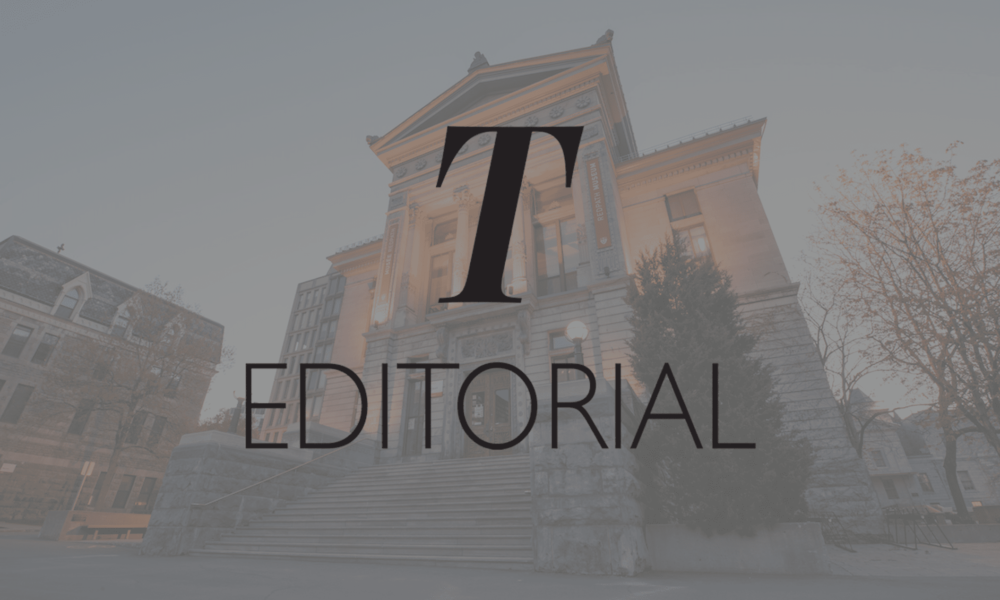On Jan. 13, all of Canada’s premiers signed a letter addressed to Prime Minister Justin Trudeau urging him to take immediate action in enforcing stricter bail measures. Such reform would place the onus on the accused to qualify for bail, increase the number of people held in jail without trial, and lead to the financing and construction of more prisons in the country—when the only steps taken should be toward the abolition of the carceral system.
Trudeau’s decision will resonate particularly closely with those in Montreal, considering the malicious murder of Nicous D’Andre Spring on Dec. 25. D’Andre Spring, killed by guards at the Bordeaux Prison under illegal detention—he was innocent of any crime and supposed to have been released the day before.
Unfortunately, the case of D’Andre Spring is far from isolated. Today, over half of prisoners in provincial jails are being detained without trial, and their right to justice denied. Reforming bail would further undermine the “innocent until proven guilty” principle that is purported to underpin the Canadian justice system.
Systemic racism is deeply embedded in the carceral system, with people of colour, Indigenous peoples, unhoused populations, and those suffering from mental illness significantly overrepresented in prisons nationwide. Implementing stricter bail measures would only increase the disproportionate incarceration of lower-income Black and Indigenous populations, who are already over-policed and racially profiled.
The premiers’ letter—and Trudeau’s entertainment of it—reflects the “tough on crime” rhetoric dominating Canadian politics. This discourse ignores that investing in education and health care is actually the most effective solution to reduce crime. Yet, politicians concerned about reelection focus instead on short-term “band-aid” measures that are more appealing to voters while pretending that convictions equal safety. In addition, bail reform is motivated by the Western emphasis on the prison-industrial complex, a mutual system of lobbying working in the best interests of both political actors and the massive prison industry, which will only grow if bail measures are tightened. Since the Canadian government uses the prison system as a means to levy taxes, amounting to approximately $550 per person per year, every taxpayer is complicit.
The premiers’ response calls for a larger conversation not only about bail reform but the Canadian justice system’s use of punishment instead of rehabilitation in general. The colonial and oppressive roots of the carceral system are inescapable and historically used to dispossess Indigenous nations of their land. Such a system, one that continues to perpetuate colonial violence, is so fundamentally broken that innocent inmates plead guilty to avoid being killed behind bars. Its whole purpose must be rethought, rather than simply reformed. As Black and Indigenous people continue to die at the hands of police, their conception as “first responders” must be completely overhauled.
Ultimately, it is in the taxpayers’ hands to decide where they want their money to go. As the media’s crime alarmism amplifies the “tough-on-crime” discourse, voters must remember that they will be paying the cost of stricter bail conditions by financing mass discriminatory incarceration with their tax money.
To this day, Nicous’ family has received little justice. The correctional officer in his case received only a suspension. Nicous was not the first, and without large-scale transformation, he certainly won’t be the last. Abandoning the fundamental “innocent until proven guilty” principle of justice is a slippery slope, promoted by a short-sighted government under the guise of safety. Instead, it is crucial that the government fights crime with rehabilitation, not punishment, and that justice is granted for all of the innocent people behind bars, waiting for a trial that they might not ever see. The failure of the carceral system proves the need for another kind of bail reform, one that would respect a human’s right to only be convicted after trial, and one that would be the first step toward abolishing the punitive system as a whole.








